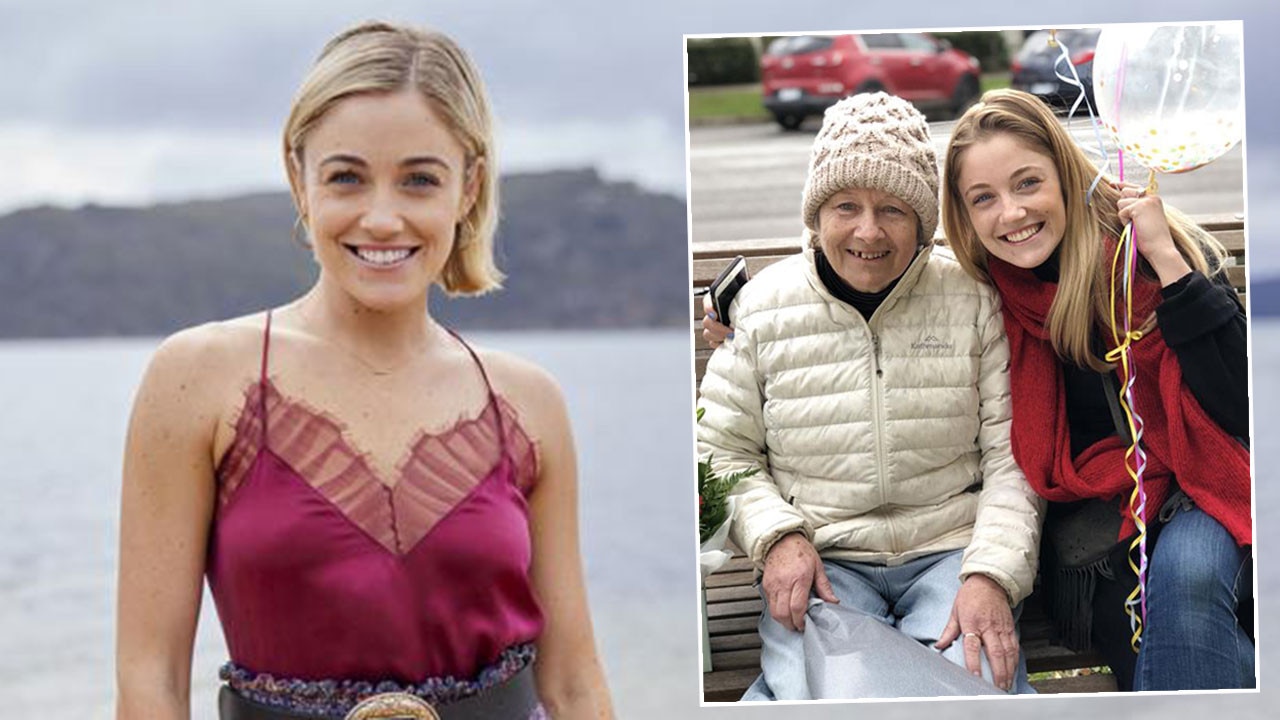New Alzheimer’s drug available today for Australian patients
A new drug to treat the early stages of Alzheimer’s disease has been approved for use in Australia from today for eligible patients.
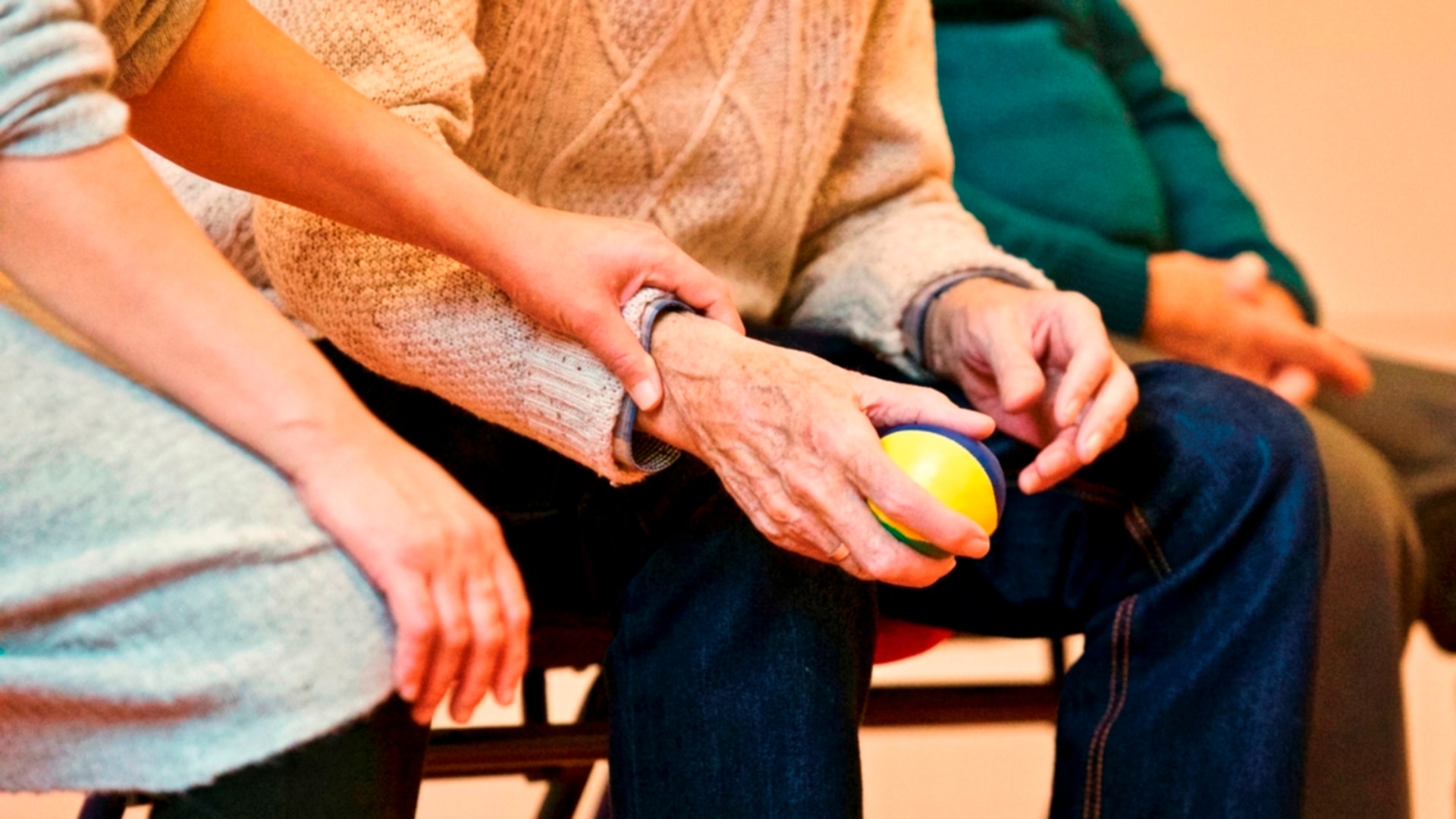
Dementia
Don't miss out on the headlines from Dementia. Followed categories will be added to My News.
A new drug to treat the early stages of Alzheimer’s disease has been approved for use in Australia from today.
The drug Kisunla (donanemab) is made by pharmaceutical giant Eli Lilly and already in use in countries including the US, Great Britain, China and Japan.
It has been widely tested in clinical trials in Australia led by Professor Michael Woodward, head of Dementia Research and Senior Clinician at the Memory Clinic at Austin Health in Melbourne and Honorary Medical Adviser at Dementia Australia.
The drug’s approval, he said, was a pinnacle in his career.
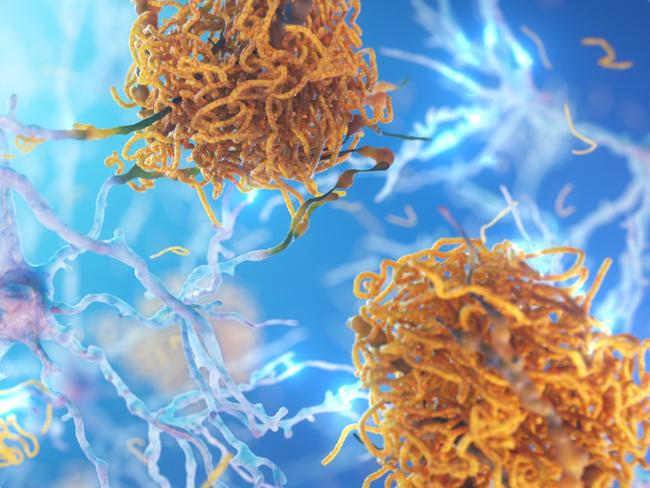
“My experience is this drug is very effective at removing amyloid in the majority of people by 18 months,” Professor Woodward told the Herald Sun.
“You basically turn the brain from an Alzheimer’s brain into a non-Alzheimer’s brain.”
Alzheimer’s disease is the most common form of dementia and impacts around 600,000 Australians.
Delivered as a monthly infusion, it is the first new drug in 25 years approved for use in Australia to treat the disease of the brain that affects memory, thinking and behaviour.
It will be registered by the Therapeutic Goods Administration (TGA) on Thursday, allowing for it to be prescribed by specialists to eligible patients.
Next will be an application that will be reviewed in July for it to be funded by the Pharmaceutical Benefits Scheme (PBS).
Without PBS funding the drug will cost patients $4700 per infusion over the course of the recommended 18 months of treatment.
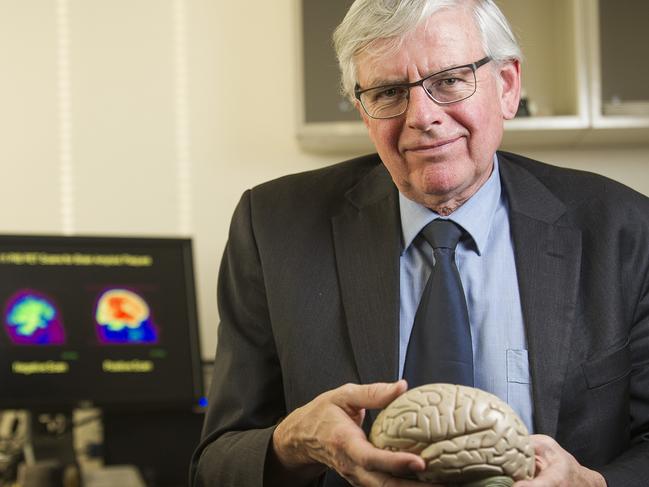
Health Minister Mark Butler said the TGA registration of Kisunla was a landmark welcome development.
“It is the first new treatment for early Alzheimer’s disease in 25 years and the first treatment registered in Australia that works to address the underlying cause of the neurodegenerative disease,” he said.
Professor Woodward said in terms of a disease targeting drug, “in this case targeting amyloid, this is the big guns. It is huge”.
He cautioned it was not a cure, it slowed down the decline, and it was not for everyone.
“The bottom line is it’s for people with mild cognitive impairment or mild dementia due to Alzheimer’s,” Professor Woodward said. “It can only be used in those patients who have proof of amyloid (in the brain), which is the protein that causes Alzheimer’s.
“Patients will have to prove (with a PET scan or spinal fluid sample) they’ve got the amyloid protein, because this is an anti-amyloid drug, so it’s only going to work if you’ve got amyloid.”
Patients will also need to be in reasonably good health to qualify for the treatment.
“There are also certain drugs you shouldn’t be on,” he said. “These include drugs that cause bleeding such as anticoagulants because this drug has been shown to cause cerebral bleeding and swelling.”
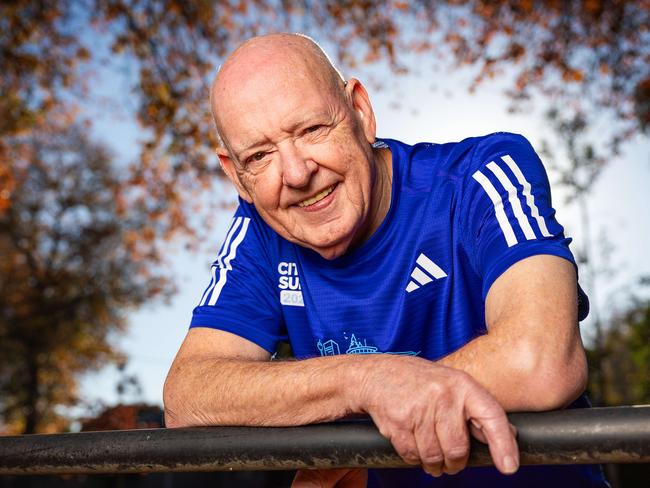
Grandfather Michael Pratt, 80, has been on a clinical trial of the drug for a year.
“I’m fit and healthy, I still work two days a week at Bunnings and I do a lot of IT work for many of my old customers,” he said. “My mum lived to 103 so I’ve got good genes.”
Mr Pratt said he joined the clinical trial because he was experiencing some mild memory loss.
While he doesn’t know if he received the drug or a placebo, Mr Pratt said he was told he had the propensity to get Alzheimer’s.
“I would go up the street and remember the milk, but I forgot the bread,” he said.
On volunteering for the trial he said: “a bit of my time was not terribly valuable when you consider that for a lot of people in the future, it might be a very good thing for them”.
Professor Woodward said clinicians have been waiting a long time to be able to offer patients a treatment of this nature.
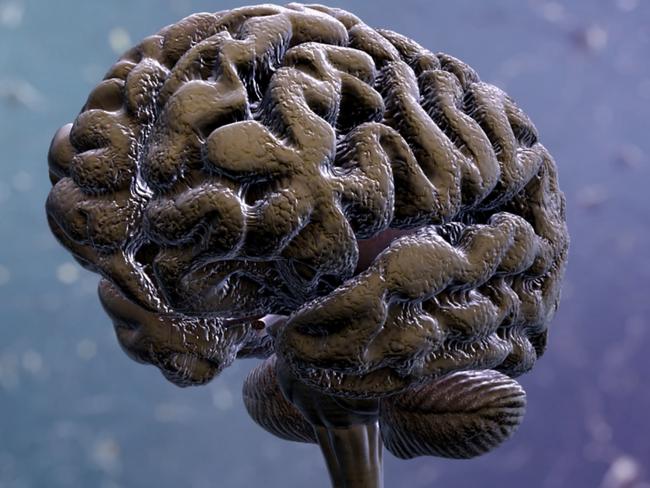
“Donanemab is for people in the early stages of Alzheimer’s disease with a defined genetic profile, where symptoms like memory lapses and mood changes are present alongside the build-up of amyloid plaques in the brain,” he said.
“There is an important window of opportunity when it is possible to detect, diagnose and treat Alzheimer’s disease with the goal that patients can maintain their independence for longer.
“The availability of donanemab is a major development at a time when more and more Australians and their families are being impacted by this insidious disease.”
Lilly Australia and New Zealand General Manager Tori Brown said the registration was “a pivotal moment” that will redefine how the disease is managed when symptoms first present.
Ms Brown said it must also act as a catalyst for change.
“This must include practical guidelines and new pathways for the early detection and diagnosis of Alzheimer’s disease, alongside timely Government reimbursement of therapies to support patient access and affordability.”
OUR STORY
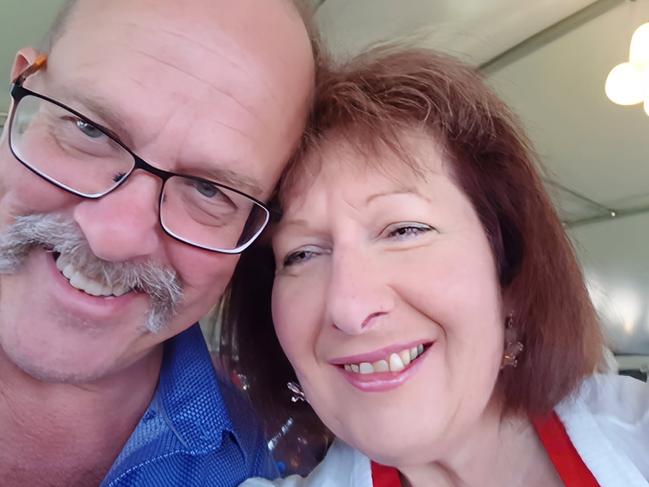
Joel Fulton is a dad and grandfather who was proud of his long and respected career in book publishing.
In 2022 he was diagnosed with early symptomatic Alzheimer’s disease. The diagnosis was also classified as younger-onset due to Joel’s age. He was then 62 and was forced into early retirement.
Alzheimer’s disease has drastically altered Joel’s life, as well as that of his wife Diane, 64, who is now his full-time carer. Joel needs support with daily tasks, has trouble with short-term memory, and is often confused.
“Memory was a huge part of my working life in the book trade. After being in the industry for over 40 years, I became the go-to person in my field.
I also needed to memorise and confidently sell new lists from publishers every month. Then, slowly but surely, it was as if my memory was being wiped. I was aware of this happening but there was nothing I could do to stop it.
It has been a most challenging journey, that’s for sure. Never in my wildest dreams did I expect to receive this diagnosis. To suddenly have to rely on Diane and my two daughters to help me is not how life was meant to be.
If I could access this new medicine, I would in a heartbeat.”
Diane said Alzheimer’s disease has had a devastating impact on their lives.
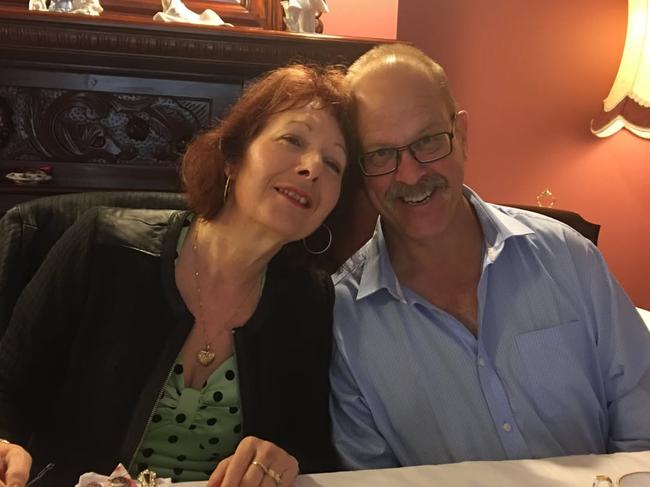
“It’s earth shattering. It’s like the brakes have been put on at a time in our lives where we should be enjoying and preparing for retirement. We are not old.
Joel has lost the ability to complete many daily tasks independently. He has had to stop driving (which has had a huge impact on him). As his wife and full-time carer I try to keep things as normal as possible with prompts and boards everywhere to help him, but he relies on me being with him and keeping him on track.
It’s the little things. Joel goes to the shed to get a screwdriver, then comes back empty-handed. This will happen four or five times until he throws his hands up in frustration.
Or he’ll water the garden, then go back out to water it again 10 minutes later. We’ll go somewhere like the shops or the doctor’s, and he will think he hasn’t been there for years even though it may have been a week or so since we were there.
It was Mother’s Day recently and he thought it was Christmas. Life is getting more and more frustrating and confusing for Joel.
When we got engaged, we thought we’d be together for 99 years with an option for 99 more. We joked about wheelchair races along the Yarra. We never could have imagined this.
We need (the drug) now, before Joel’s symptoms get much worse, and so that he can get the most benefit from the drug to give us more quality time together.”
More Coverage
Originally published as New Alzheimer’s drug available today for Australian patients




